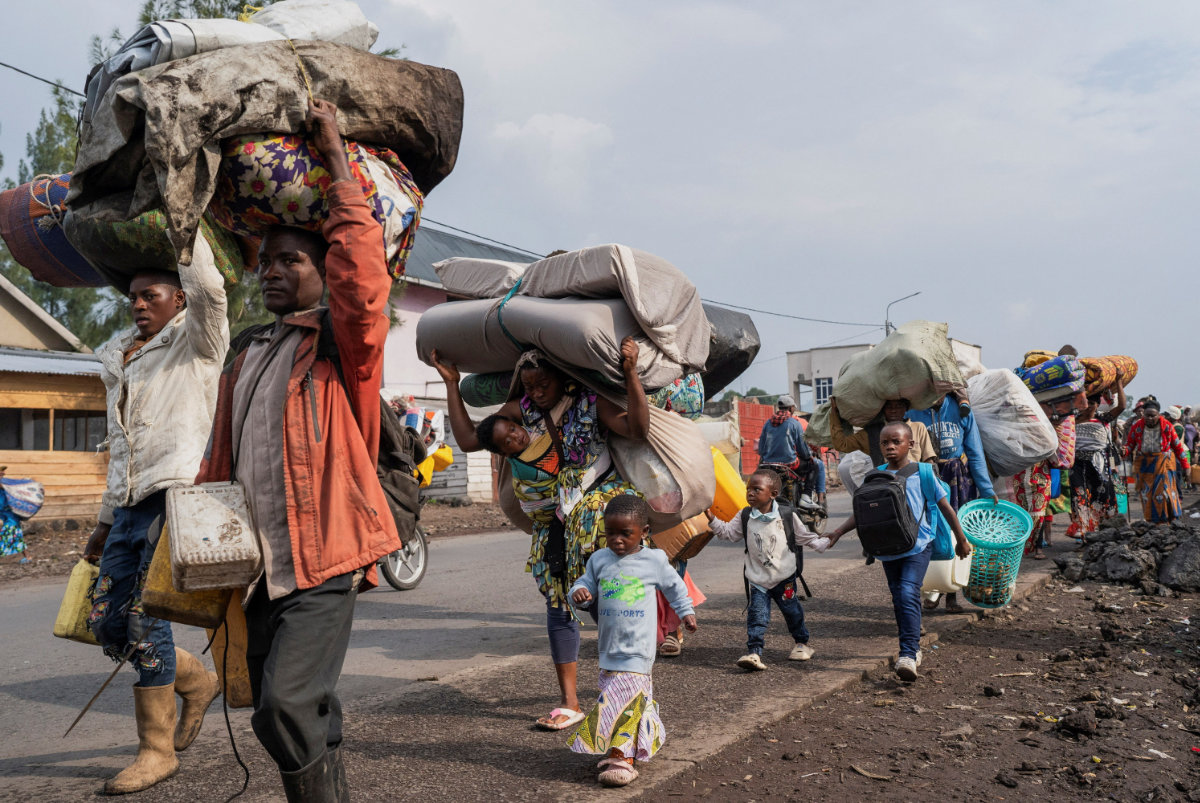DAVOS: Collaboration between governments, the private sector and civil societies is crucial to ensuring the digital economy works for all, according to an international digital innovation expert, who described Internet access as “no longer a luxury, but a necessity.”
Following the launch of a Digital Foreign Direct Investment initiative with the World Economic Forum on Tuesday, Deemah AlYahya, Digital Cooperation Organization secretary-general, told Arab News that the organization’s goal is to help facilitate a global digital transformation.
The DCO supports youth, women and startup entrepreneurs in its member states, which have a combined economic output of nearly $2 trillion and a population of 600 million, with the organization hoping to bring its initiatives to more countries in future.
The international body, which includes Saudi Arabia, aims to promote prosperity, social stability and growth of the digital economy by unifying efforts to advance digital transformation.
“We’re expanding by the minute,” AlYahya said. “But we are really focusing on creating the right impact; we have been created to deliver and accelerate the digital economy for our member countries.
“Therefore, the focus is not the expansion, it’s more rolling out the right initiatives, support and tools that will enable the member nations and like-minded countries to transform digital opportunities into reality. But we’re getting requests from several nations for them to join us.”
Figures released recently by the International Telecommunication Union showed 2.9 billion people still lack access to the Internet and are excluded from the digital economy.
According to AlYahya, Internet access is no longer a luxury, but a necessity “as important as having electricity or even water,” and governments are now realizing the importance of implementing digital transformation.
DCO was created to offer governments the tools, policies and guidance to facilitate this transformation. “It’s a huge issue, because it is the beginning of any cultural, social and economic reform,” AlYahya said.
“After the pandemic, for governments to start digitally transforming, they needed the right tools, reforms in their policies and regulations; they needed resources, they needed investment, and that need takes time.
“So (DCO) has been thought of and looked at to be that enabling force that helps governments.
“DCO’s uniqueness is that we create a shared space between governments, the private sector and civil society to co-create and co-design together from the beginning to expedite that transformation,” she added.

Given the engine of the digital economy is data, legislation ensuring protection of data and online security is an important topic, and one the DCO takes seriously, AlYahya said.
“Cross-border data flow is a topic that we have to look into; it was the first, and is one of our major, initiatives (with member states).”
With 70 percent of their populations young and tech-savvy, DCO member states have a healthy entrepreneurial and startup spirit shaping the digital economy, AlYahya said.
“(Youth) needs are increasing, they need capital, they need the right environment to test and innovate; they need the right human capital development, and training and resources for them to learn,” she said.
“But, also, they need to connect to the world. Even if countries provide all of (those things), and change regulations and policies to enable startups, if they don’t have a market and a consumer base, they cannot grow.”
The keys to successfully implementing the digital transformation are striking a balance between over-regulation and too little regulation, as well as making foreign direct investment into the sector as easy as possible, according to AlYahya.
“We know that 70 percent of the new value created in the global economy over the next decade will be based on digitally enabled business models, so the key to unlocking any economic prosperity is FDI.”
Ensuring cross-border investment helps not only in terms of capital, but also knowledge transfer, innovation, and human capital development, she said.
“I truly believe that with cooperation, working together, we can help every person, every company, every country to benefit from the tremendous opportunities this economy that can bring,” she added.




























